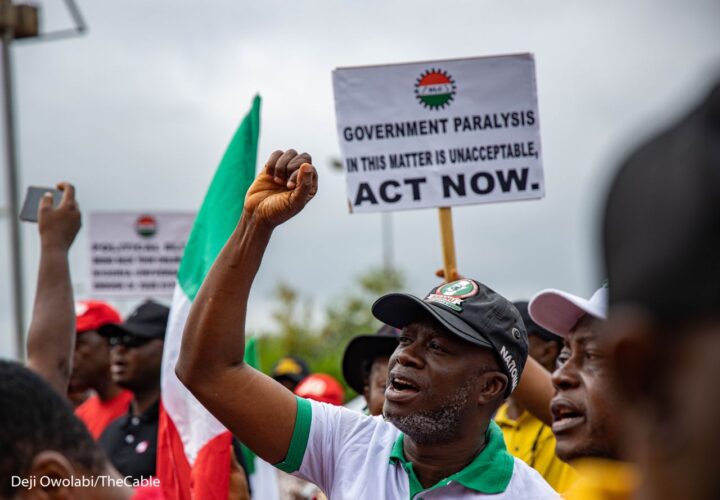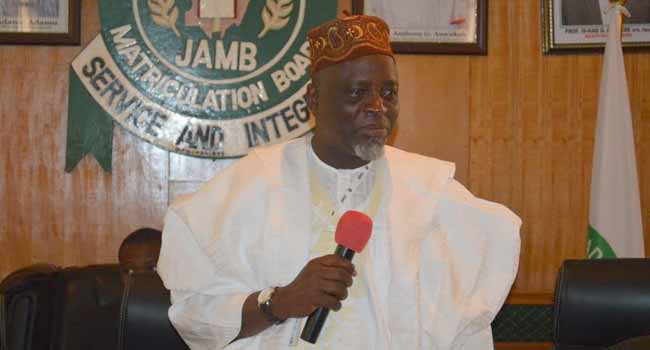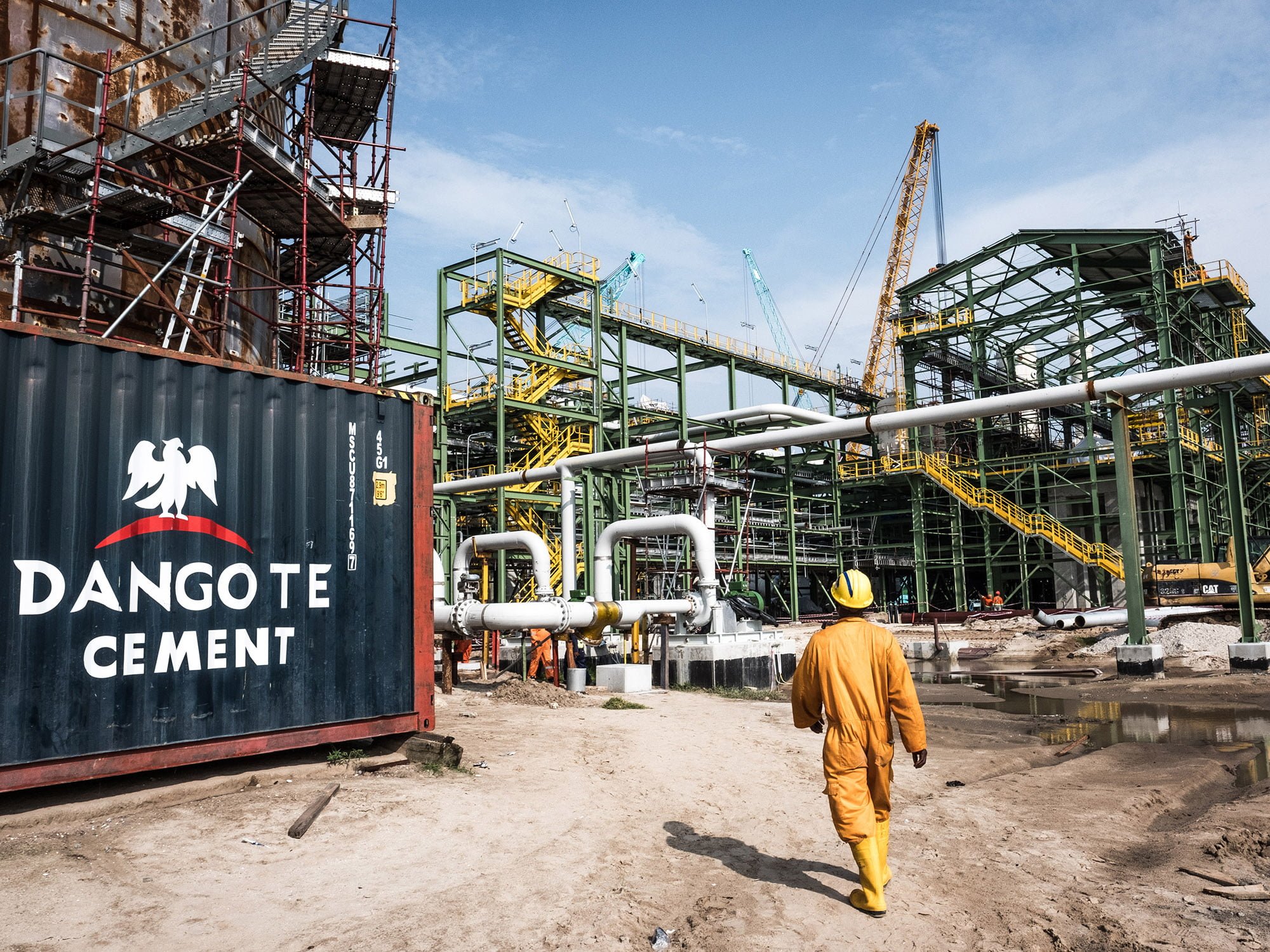Oil pump jacks at sunset sky background. Toned.
BY OLABODE SOWUNMI
The Bayelsa Oil Company Limited (BOCL) was awarded the Atala marginal oil field (OML 46) in 2003 with Hardy and CEPL subsequently farming-in in 2005 and 2012, respectively. In the 17 years before its revocation, BOCL failed to develop the field in line with the terms of the letter of award. The controversy surrounding the revocation of the license has continued to generate controversy.
That was not the vision that former President Olusegun Obasanjo had when, in 2003, his administration announced a bid for several oil fields for sale to interested indigenous owners, one of which was the OML 46, discovered by Shell in 1982.
The plan of the Obasanjo government to open the oil and gas sector was to allow indigenous participation in the exploration of the country’s natural resources, to help the improvement of local content development in the sector.
Advertisement
From when the marginal field was won in 2003 until when it was revoked in April 2020, the field had not been in production for up to 100 days. Atala-1 was shut-in in June 2018 and remained shut in for about 650 days before the revocation.
Atala was plagued by constant disagreements between BOCL, Century Exploration and Production Limited (CEPL) and Hardy Oil Nigeria Limited (HONL) to the point that they were unable to get anything done. At a time, one of the partners, CEPL, had to write the federal government to take over the OML 46 license.
In a letter dated April 12, 2016, the Department of Petroleum Resources (now Nigerian Upstream Petroleum Regulatory Commission), approved “the extension of Atala Marginal Field Concession” for BOCL. The license was due to expire on April 30, 2018.
Advertisement
When the OML 46 license was lawfully revoked by the federal government in 2020, notwithstanding having already wasted 17 years being unproductive, Bayelsa was again asked to reapply. New bidding was done sometime in 2020, but the state government failed to apply.
In line with Nigeria’s petroleum laws, Halkin Exploration and Production Limited was duly awarded the OML 46 to operate and develop. Halkin was awarded the license on the condition that a signature bonus of millions of dollars was paid to the federal government.
Also, there was the condition that Halkin must develop the field and bring it to full production. The company wasted no time getting to work. For what BOCL wasted 17 years trying to achieve, Halkin is on schedule to meet the production deadline.
Seeing the seriousness of Halkin and realising that the OML 46 is lost, BOCL and its JV partners have been petitioning the NUPRC, the senate and the presidency to get NUPRC to revoke the OML 46 awarded Halkin and give it to BOCL.
Advertisement
However, the law is clear on the matter. 17 years after BOCL, CEPL, and Hardy failed to develop the Atala marginal field and bring it to full production capacity, NUPRC followed due process in revoking the license and awarding it to Halkin. The revocation was done in line with paragraph 25(1)(a)(ii) of the first schedule to the petroleum act.
As I said in an interview on the matter, the essence of the petroleum industry act is about law and order. The industry regulator, NUPRC, must be allowed to do its work. All over the world, it is clear that if given a license and you don’t make good use of it, and there are extant laws that say it can be revoked, then it will be revoked if the need arises.
In the case of the OML 46, there were repeated warnings by the DPR (NUPRC) that the field is brought into production and all JV squabbles resolved because it stood the risk of being revoked. This warning fell on deaf ears, and the rest is history.
As the regulator for the upstream sector, the NUPRC must be allowed to do its job. If Nigeria wants the oil and gas industry to develop, we must all be willing to follow law and order. There is a way things work. All democracies work with proper systems.
Advertisement
The question is, has NUPRC acted within its powers? The answer is yes. NUPRC has done what the law empowers it to do; it has followed due process. If Bayelsa state does not like the outcome, there are provisions in the petroleum act that allow affected parties to take the matter to court and not the presidency or the national assembly. I would also advise the BOCL to endeavour to bring their prolific oil block, OPL 240, into full production before this is also revoked and re-awarded.
Sowunmi is an oil and gas expert
Advertisement
Views expressed by contributors are strictly personal and not of TheCable.
Add a comment






